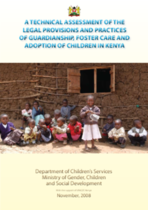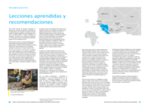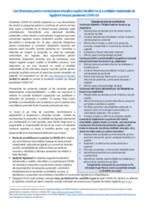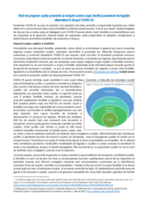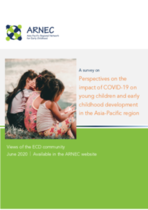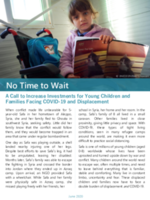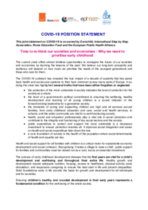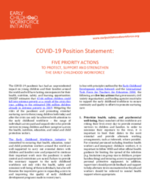A Technical Assessment of the Legal Provisions and Practices of Guardianship, Foster Care and Adoption of Children in Kenya
This technical assessment report uses a transformative social protection framework adapted for studying the provisions and practice in alternative care and adoption in Kenya.

